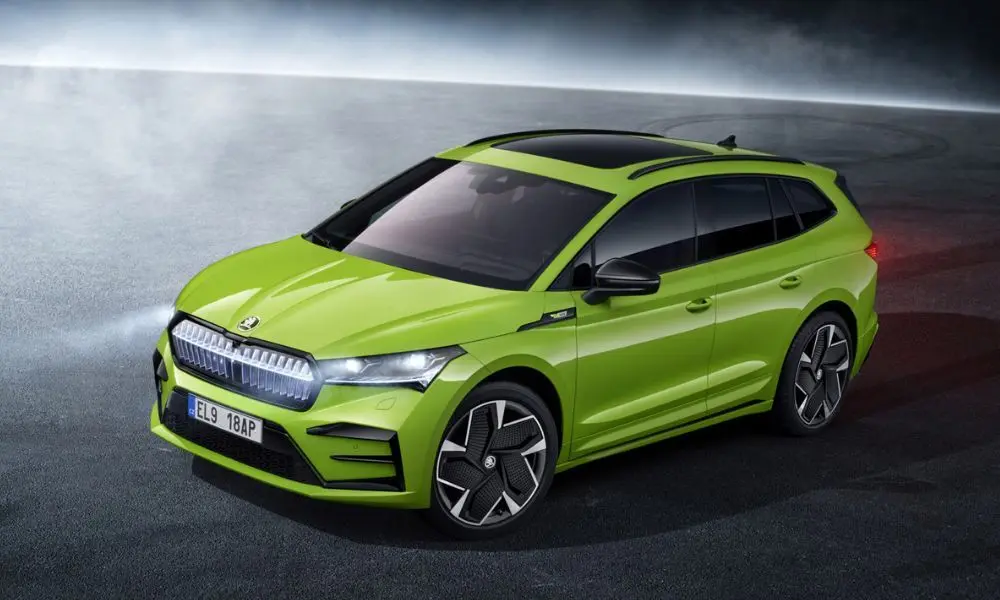The demand for environmentally friendly vehicles has surged in recent years, with electric vehicles (EVs) and hybrid vehicles emerging as top contenders. Both options provide significant benefits for the environment and vehicle owners. But how do you decide which one is right for you? This guide dives deep into the features, pros, cons, and practical considerations of both EVs and hybrids, helping you make an informed decision.
-
Understanding Electric Vehicles (EVs)
1.1. What Are Electric Vehicles?
Electric vehicles, or EVs, rely entirely on a battery-powered electric motor for propulsion. They produce zero emissions during operation, making them a preferred choice for eco-conscious drivers. EVs have no traditional combustion engine, which means fewer mechanical components and lower maintenance costs.
1.2. Types of EVs
- Battery Electric Vehicles (BEVs): Fully electric vehicles powered exclusively by batteries, requiring charging from external power sources.
- Plug-In Hybrid Electric Vehicles (PHEVs): A blend of EV and hybrid technology, offering a limited electric-only range before switching to a combustion engine.
1.3. Advantages of EVs
- Zero Emissions: EVs have no tailpipe emissions, reducing greenhouse gas output.
- Lower Operational Costs: Electricity is cheaper than gasoline, and maintenance is minimal due to fewer moving parts.
- Performance Benefits: EVs deliver instant torque, offering smooth and responsive acceleration.
- Government Incentives: Many countries offer tax breaks, rebates, and incentives for EV purchases.
1.4. Challenges of EVs
- Limited Range: Most EVs offer a driving range of 100–400 miles, which may not suit long-distance travelers.
- Charging Infrastructure: Access to reliable charging stations can be a concern, especially in rural areas.
- Higher Initial Cost: EVs tend to be more expensive upfront, though incentives can offset this.
-
Understanding Hybrid Vehicles
2.1. What Are Hybrid Vehicles?
Hybrid vehicles combine an internal combustion engine (ICE) with an electric motor. This dual-system design allows hybrids to run on electric power at low speeds and switch to gasoline for higher speeds or extended range.
2.2. Types of Hybrids
- Parallel Hybrids: The electric motor and engine work together or separately to power the car.
- Series Hybrids: The electric motor powers the car exclusively, with the gasoline engine generating electricity for the motor.
- Plug-In Hybrids (PHEVs): Can be charged externally and offer a greater electric-only range compared to traditional hybrids.
2.3. Advantages of Hybrids
- Fuel Efficiency: Hybrids use less gasoline than conventional vehicles, especially in city driving.
- No Range Anxiety: The gasoline engine ensures you never run out of power, even on long trips.
- Smooth Transition: Advanced technology ensures seamless switching between electric and gasoline power.
2.4. Challenges of Hybrids
- Maintenance Costs: Dual systems can lead to higher repair and maintenance expenses.
- Environmental Impact: Hybrids still emit greenhouse gases, though significantly less than conventional cars.
- Lower Electric-Only Range: Hybrids don’t offer the same level of eco-friendliness as fully electric vehicles.
-
Comparing Electric and Hybrid Vehicles
3.1. Environmental Impact
- EVs: Completely eliminate tailpipe emissions. However, battery production and recycling pose environmental challenges.
- Hybrids: Emit fewer greenhouse gases than traditional cars but are not completely green due to gasoline reliance.
3.2. Driving Range
- EVs: Depend on battery size, with ranges varying between 100–400 miles per charge.
- Hybrids: Unlimited range, as they can switch seamlessly between electric and gasoline power.
3.3. Cost Factors
- Initial Costs: EVs are costlier upfront but often qualify for substantial incentives. Hybrids are less expensive initially but may not offer as many rebates.
- Operating Costs: EVs have lower energy costs, while hybrids save on fuel but still rely on gasoline.
- Maintenance: EVs have fewer components, leading to lower maintenance. Hybrids require upkeep for both electric and gasoline systems.
3.4. Infrastructure and Convenience
- EVs: Require access to reliable charging infrastructure. Home chargers are ideal for overnight charging.
- Hybrids: Gasoline availability ensures convenience, with charging optional for PHEVs.
3.5. Performance
- EVs: Deliver instant torque, quiet operation, and a smoother ride.
- Hybrids: Provide balanced performance, suitable for mixed driving conditions but lack the instant acceleration of EVs.

-
Factors to Consider When Choosing
4.1. Driving Habits
- If you primarily drive short distances or in urban areas, EVs are a great choice.
- Long-distance commuters may prefer hybrids for their extended range.
4.2. Budget and Incentives
- Factor in available incentives and tax breaks. While EVs have higher upfront costs, the long-term savings can be significant.
4.3. Charging Infrastructure
- Ensure access to home or public chargers for EVs. Hybrids are a better choice in areas with limited charging stations.
4.4. Environmental Priorities
- If reducing emissions is your primary goal, EVs are the clear winner.
- Hybrids are a good transitional choice for those moving away from traditional gasoline vehicles.
-
The Future of Green Vehicles
- Advancements in EV Technology: Rapid progress in battery technology is increasing range and reducing costs.
- Hybrid Evolution: Plug-in hybrids are becoming more efficient, bridging the gap between EVs and traditional hybrids.
- Renewable Energy Integration: As renewable energy becomes more widespread, EVs become even greener.
- Market Trends: The global push for sustainability is driving innovation and adoption of both EVs and hybrids.
-
FAQs
What Are the Best EVs and Hybrids Available Today?
Top EVs include the Tesla Model 3, Chevrolet Bolt, and Nissan Leaf. Popular hybrids include the Toyota Prius and Honda Accord Hybrid.
How Much Does It Cost to Charge an EV?
Charging costs depend on electricity rates but are generally much lower than fueling a gasoline-powered vehicle.
How Long Do EV Batteries Last?
Most EV batteries last 8–10 years and are often covered by warranties. Replacement costs are gradually decreasing.
Are Hybrids a Good Transition Vehicle?
Yes, hybrids are an excellent choice for those hesitant to switch fully to electric, offering a mix of convenience and eco-friendliness.
-
Conclusion
Choosing between an electric and hybrid vehicle depends on your driving needs, budget, and environmental priorities. EVs are ideal for those seeking zero emissions and low operating costs, while hybrids provide a practical solution for longer distances and areas with limited charging infrastructure. Both options offer a significant step toward greener, more sustainable transportation.

